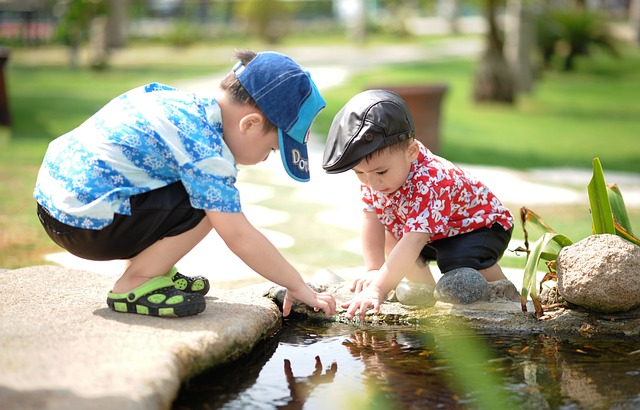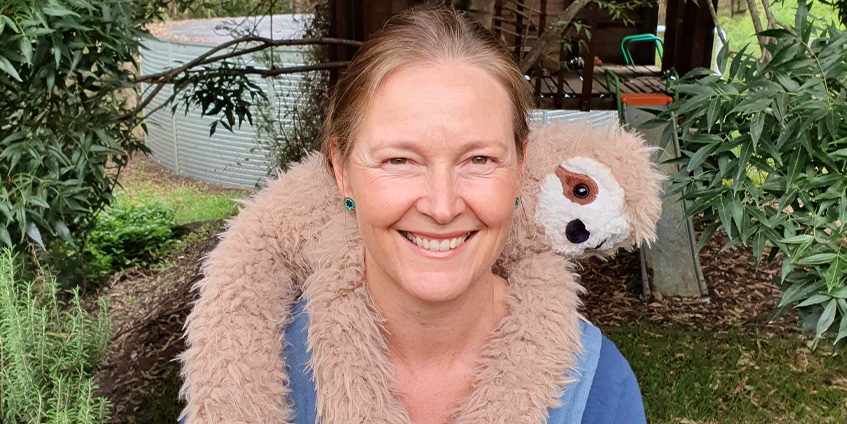Using play therapy to help children process natural disasters
Luke Williams
02 July 2023, 3:40 AM
 Image: Pixabay.
Image: Pixabay. "We put water in the playroom with children who have experienced floods. They place toy people on toy boats and show them scared of falling off; other times, they will just pick up all the animals and throw them into the rain," explains Play therapist Nicky Nilsson.
"Sometimes they will paint a sky that has a little bit of rain and then suddenly very dark, foreboding clouds with a massive amount of rain. Even just the sound of rain can increase distress in a child who has been through a flood," she told the Western Plains App.
Play therapy is a mental health intervention that supports the emotional well-being of children and is increasingly being deployed to help bush kids bounce back from natural disasters.
"The toys are the symbols, and the way they play with things is the metaphor," Nilson explained.
Children showing signs of natural disaster-related trauma are referred to Nilsson, who recently delivered a paper on her work at the recent 9th Rural and Remote Health Symposium held in Canberra.
According to the Australian Psychological Society, thousands of children each year suffer "major disruption, losses, or lived through frightening experiences. Many other children have been affected indirectly, through hearing about the floods or knowing someone who has lost their home".
Nilsson, an occupational therapist, came into play therapy after her own experience in her hometown of Bega.
"Black Summer 2019-2020, and we were living in property near Bega, and we were impacted though not in the flame zone, we had to evacuate; I guess that's where it comes from and trying to support my children who were 10 and 11 at the time, and trying to be strong myself".

Image: Pixabay.
"I had a lot of people with children who lost houses, and I felt that I had a responsibility to help."
"During play therapy children come into the playroom and engage in play. Play is the child's main form of communication. So rather than sitting down with them like a psychologist and asking them what is on their mind, we observe their play".
"It's non-directed and children-driven. It's trying to allow the child to create their own inner world and thereby increasing their self-esteem and inner confidence".
She has developed a therapeutic model. She is looking for signs of trauma, distress, and the inability to process events or function well.
External signs, she says, include:
- Not coping with daily events.
- Throwing furniture around.
- Having little to no friendships at school.
"Play therapy is really about identifying when a child is not coping. Through the therapy, the child comes to resolve the events and gives them a happy resolution".
"I'm not doing it; the child shifts it themselves."

Nicky Nilsson. Image: Supplied
"Young children often need reassurance more than facts after a natural disaster," the Australian Psychological Society says.
"Listen to your children's concerns. Listen closely to what they are asking or saying, and think about whether they are looking for factual information or if the questions are expressing anxiety about the floods.
"Children can become re-traumatized by watching repeated images on television, and it is best to try to shield them from the media. Be aware of how you talk," Australia's peak psychological body recommends.
Ms Nilsson says careful play therapy can fast-track a child's recovery from a traumatic event.
"It changes angle, and the play changes to something that is more joyful and pleasurable, even delightful," Nilsson told the Western Plains App.
"The positive resolution in the case of floods is that they having fun in the water and they find that their experience of water is joyful," she says
"Water becomes calm and useful in their play experience."




